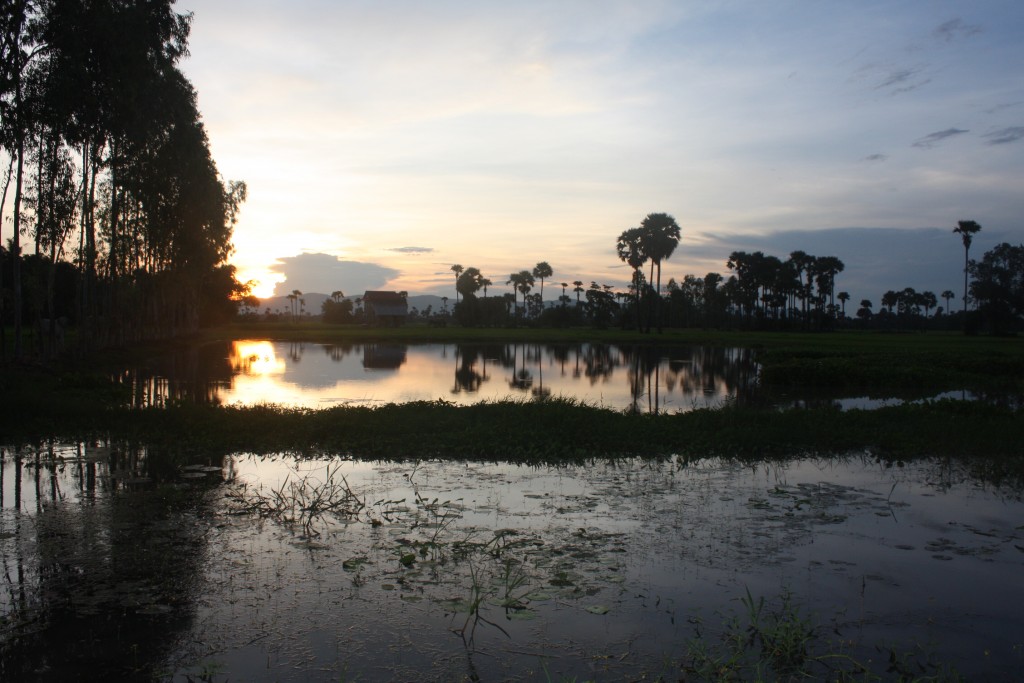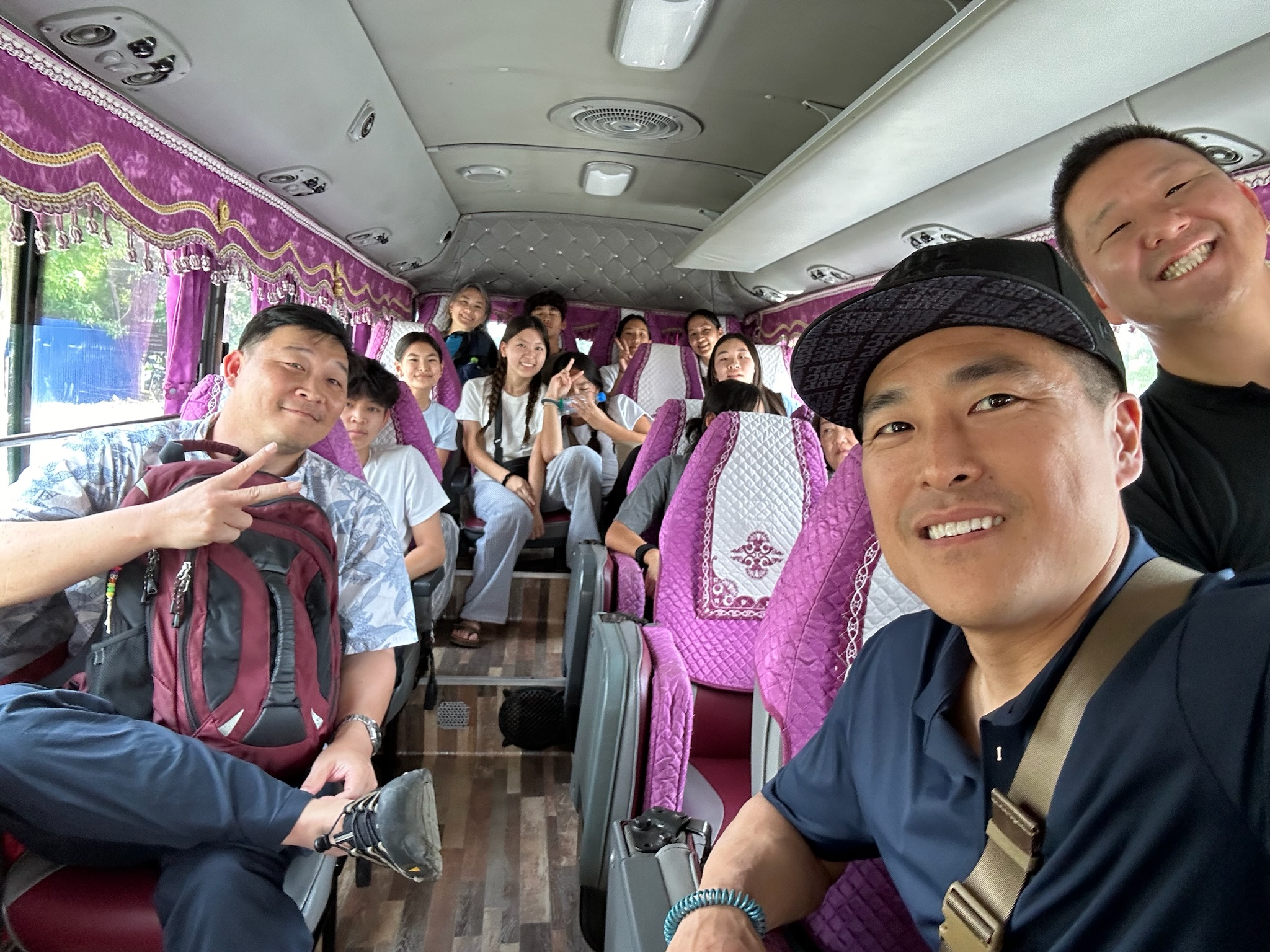From the Farm to the Field
Luke grew up in rural Illinois, planning a future in agriculture – until a few short-term mission trips changed everything. Sokha, born and raised in Cambodia, found Christ as a teen and developed a deep desire to reach her own people. Together, they now serve in rural, unreached areas with a shared heart for gospel-centered missions.

Luke Smith
Missionary in Cambodia


